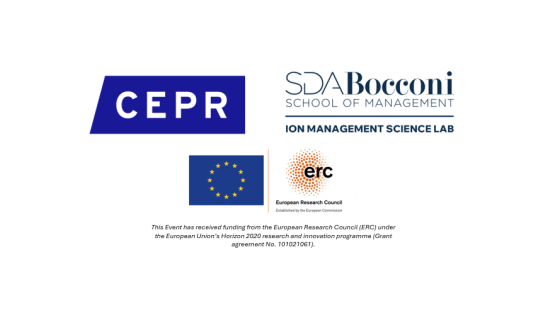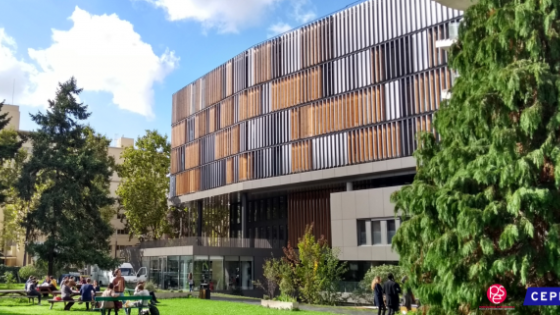DP19307 Clerks
We study the optimal dynamic scheduling of workers to tasks when task-completion is privately observed (hence, workers can delay the release of completed tasks), and when idle time is the only means of providing incentives. Our main result characterizes a scheduling rule, and the equilibrium it induces, maximizing the expected discounted output subject to workers' incentive constraints. When workers are inherently slow, a simple rotation scheme suffices to attain first-best output, but when they are more productive, optimal scheduling alternates between phases with and without delay. Our analysis highlights a trade-off between the quality and size of workforce.


